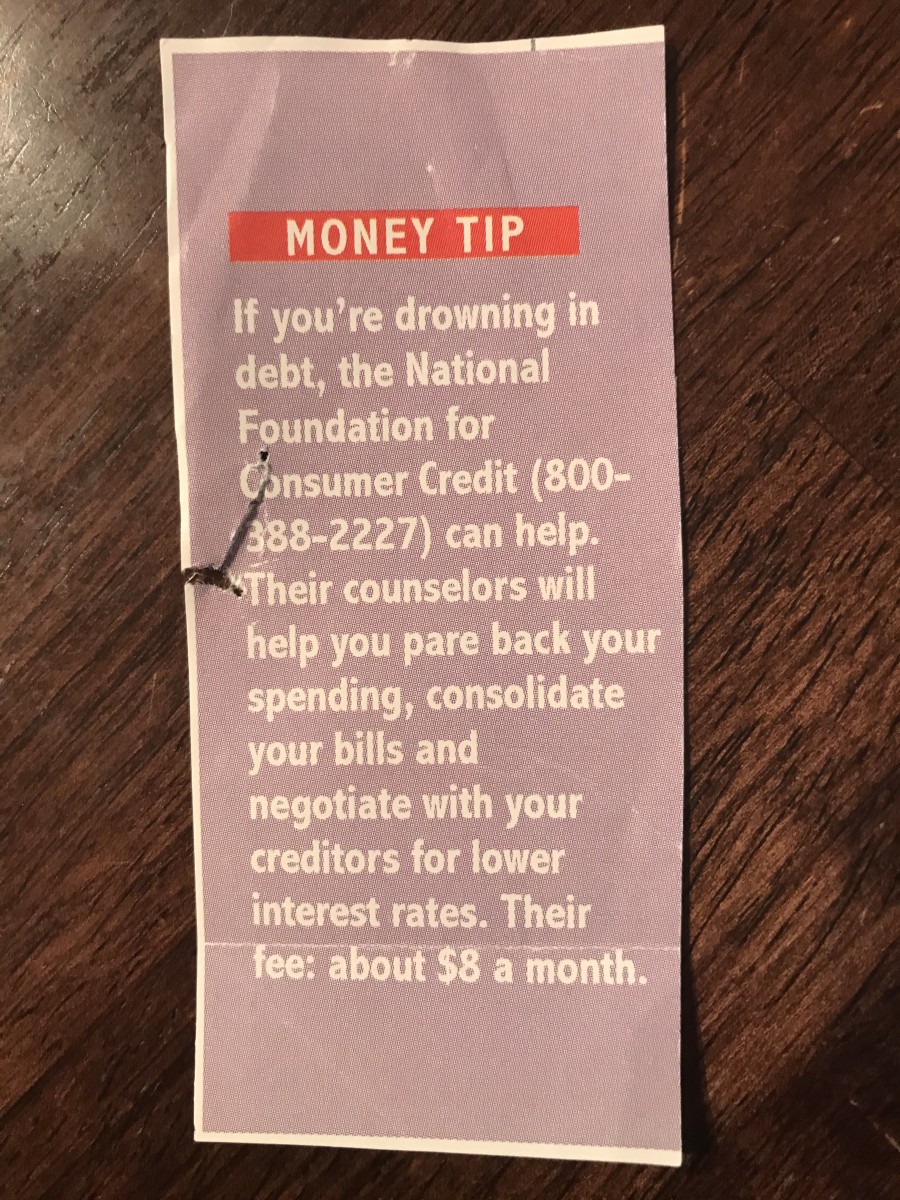What is a Credit Card Balance Transfer?

Credit card interest rates are some of the highest borrowing rates around and many people find themselves barely managing to pay off the monthly interest, let alone the total balance owing on the card. The common feeling is “If only I didn’t have to pay the high interest amount then it would give me breathing room to reduce my credit card debt”.
This is where a credit card balance transfer is a great option.
So what is a credit card balance transfer?
A credit card balance transfer is where you transfer the balance owing on your existing credit card to a new credit card at a different bank. Because banks see credit card users as a lucrative market and they plan on making money off you from your future borrowings, they often incentivise you to transfer your credit card debt to their card by offering a low rate of interest on the balance you transfer.
Credit card balance transfer interest rates can be as low as 0% (although are more commonly 2-5%) and these interest rates generally last for either a fixed period of time, say 9 months, or for the life of the debt.
Some banks even offer balance transfers where you can transfer the balance from multiple credit cards at the same time. This is especially attractive as it means that rather than juggle multiple cards and multiple monthly payments, you have one single payment each month. This makes it much easier to plan your payments and avoid incurring the high fees that banks charge for late or missed payments.
5 rules for choosing the best credit card balance transfer
- Firstly, look for a credit card balance transfer that offers the lowest interest rate. Even small differences in interest rate can over time make a big difference in how much interest you pay.
- Look for an offer that provides the low interest rate for the longest possible period of time. The best option here is to opt a credit card that locks in the low rate for the lifetime of the debt.
- Make sure you look at the annual or monthly fees that come with the credit card you are transferring to. If these fees are high then this might end up costing you more in fees than you save on interest.
- Check to see if there is a one-off fee the bank charges for making a credit card balance transfer
- Check to see what the interest rate will be at the end of the low interest period. Most of the time this interest rate will be the bank’s standard rate; however in some cases there are higher interest rates for credit card balance transfers.








